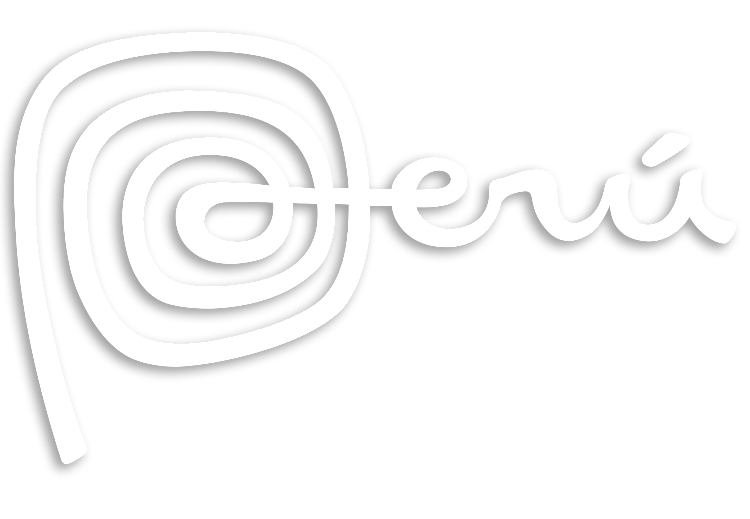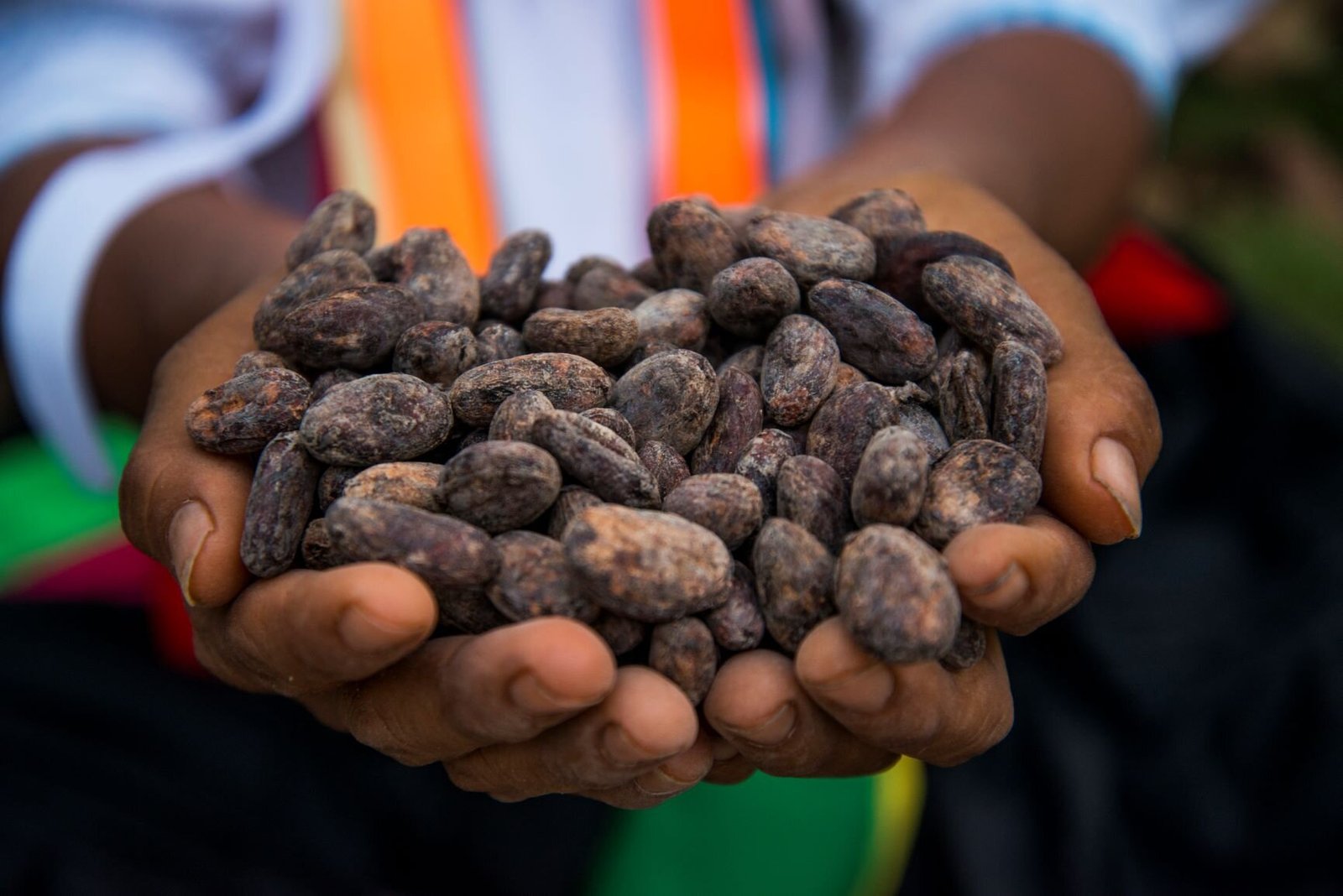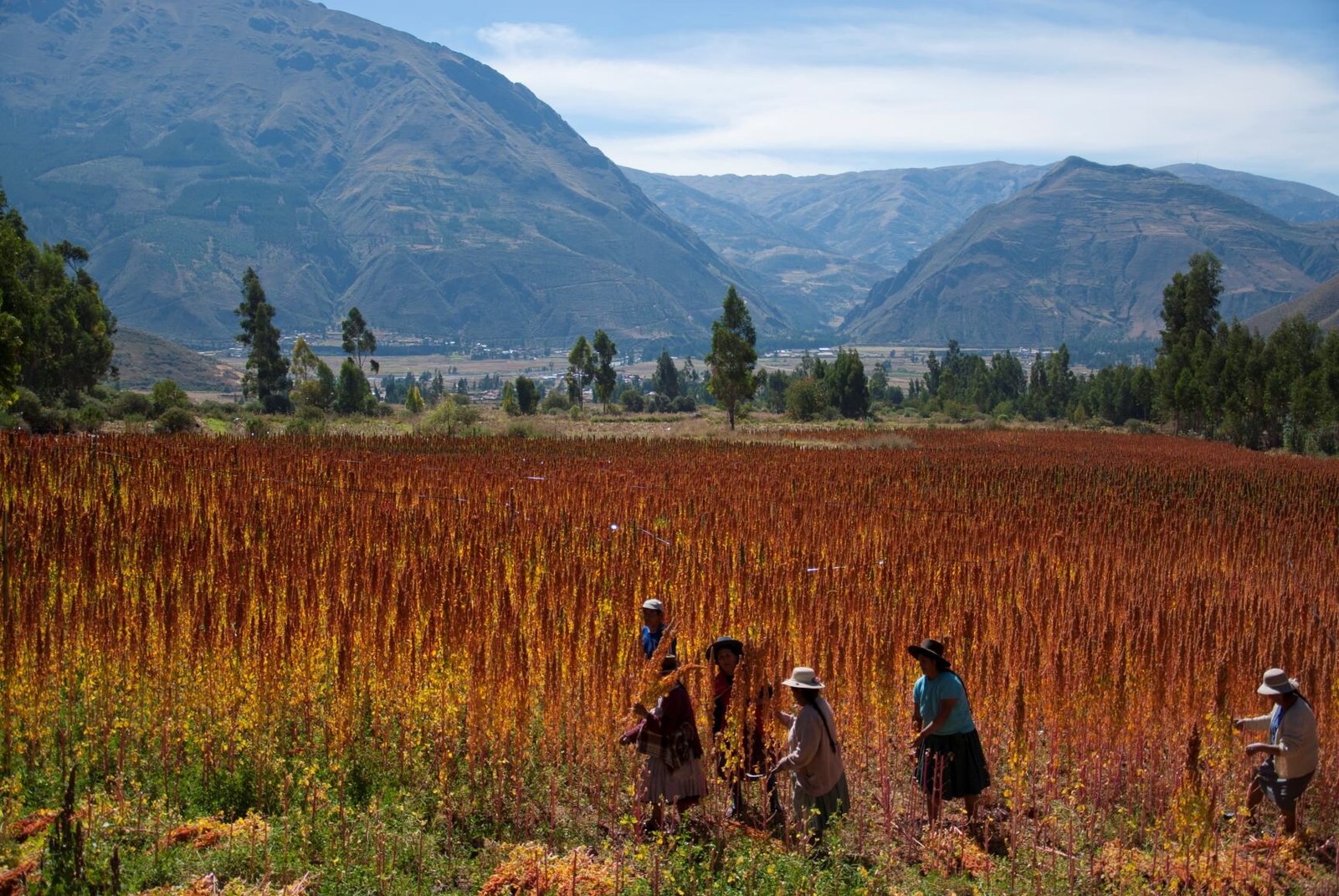According to the latest report of the Research Institute of Organic Agriculture FiBL, the countries of the Benelux and Scandinavia (Netherlands, Belgium, Luxembourg, Denmark, Sweden, and Norway) are one of the most important markets for organic foods in the world. This fact opens a wide opportunity range for companies from this region looking to add more sustainable products to their portfolio to supply this increasing demand.
More and more actors in the agribusiness sector in Peru are increasing the sustainability of their production chain. The country is known to be a global leader in the production and exports of vegetables, fruits, coffee, cocoa, grains, Superfoods, and other agricultural products. The sector in Peru is very rich and diverse, thanks to the great amount of climate zones (84 out of 117 places of life worldwide) that you can find in the country that make for an abundance of products. Agriculture accounts for almost 7% of the national GDP and is a source of employment for 24.2% of the economically active population. Exports of non-traditional agricultural products have grown steadily over the last years, reaching an 8.1% increase in 2020.
Peruvian woman with cocoa beans (c) PROMPERU
One of the sustainable initiatives that have been growing over the last years is coffee producer The 7 Elements. Their production area, located in the Oxapampa-Ashaninka-Yanesha Biosphere Reserve in the central Peruvian jungle, works according to the principles of permaculture, respecting the environment, while refraining from the use of pesticides or fertilizers. They do so together with the indigenous Yanesha people that live in the area, hereby aiding the economic development of their communities, as well as the regeneration of that part of the Amazon rainforest. The 7 Elements produces eleven varieties of specialty coffee with a Specialty Coffee Association (SCA) score of minimum 84. They have a commercial representation in the Netherlands from which they manage their sales in Europe.
Another Peruvian company that is dedicated to increasing agricultural sustainability is Wiraccocha. Located at the heart of the Andes mountain range, they cultivate a variety of native and organic Peruvian products such as quinoa, amaranth, chia, cañihua, maca, and cocoa. Their goals are to promote sustainable agriculture with a high sense of social responsibility and care for the environment. Wiraccocha currently works with 1440 smallholders from 168 communities in Peru, reaching a total of more than 8000 tonnes of certified organic products per year, while contributing to the economic development of these communities.
Also in the fresh produce sector there are good examples of this trend. Banana cooperative APPBOSA offers organic and Fairtrade certified bananas to buyers from all around the world. They are located in the coastal region of Piura and currently work with 520 small scale banana producers. The cooperative collaborates with the local community and has various projects that it carries out, a course related to improving gender equity, a leadership course to increase the capacities among the associates and their children, a cooking class to improve the skills of local entrepreneurs (both men and women), as well as a football school for the local children and youngsters. APPBOSA currently has a weekly production capacity of 18 containers of bananas, each filled with 1080 boxes of 18.14 Kg.
Other agricultural companies are looking to boost their sustainable production through Foreign Direct Investments. An example of this is Allima Cacao, a cocoa cooperative in the San Martín region in Peru founded in 2009. The cooperative consists of over 400 smallholder farmers that produce certified organic and Fairtrade cocoa, reaching 467 tonnes in 2020. Currently they are looking to expand the production and innovation of their cocoa, for which they are looking for a partner that can provide an investment of 450,000 USD.
Peruvian farmers in a quinoa field (c) PROMPERU
Of course, these are only a few examples of the countless possibilities that Peru offers and through which the country is working towards a sustainable future. This also illustrates that there are more and more Peruvian initiatives that can respond to the increasing sustainability demand of consumers from the Benelux and Scandinavia.
For more information about sourcing sustainable products from Peru or investing in Peru, you can contact the Commercial Office of Peru (PROMPERU) in the Benelux & Scandinavia at info@promperu.eu, who will be delighted to put you in touch with the right providers and/or projects in need of investments.


